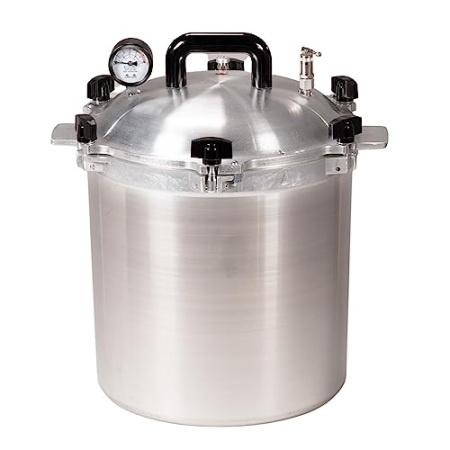
The global market for rheumatoid arthritis treatments is expected to grow at a CAGR of...
Learn More
Our consulting solutions address company specific challenges with respect to micro environment...
Learn More
Organizations frequently need day-today research guidancein order to gain strategic...
Learn More
Exploring different areas of market research and market analysis is a key factor...
Learn MoreAcute Market Reports presents the most extensive global business research services across industries. Our research studies focus on potential outcomes, benefits, and risks associated with each market segment across geographies. Having served our global clients for more than 10 years, our prime priority is to enable our clients in making well-informed business decisions through a data-driven, analytical, and uncomplicated research approach.
We provide access to the world's most comprehensive, analytical, and updated business intelligence services and solutions.




The sterilization equipment market is expected to experience a CAGR of 9.5% during the forecast period of 2025 to 2033, driven by the increasing emphasis on infection control and the rising demand for sterile medical devices and equipment in healthca...
Read More
The agritech platform market is expected to grow at a CAGR of 19.2% during the forecast period of 2025 to 2033, driven by technological advancements, the rising demand for precision farming and livestock monitoring, and the transformative impact of s...
Read More
The payment processing solutions market is expected to grow at a CAGR of 14.1% during the forecast period of 2025 to 2033, driven by rapid digitalization, the increasing popularity of online and mobile payments, and the growing need for secure, conve...
Read More




